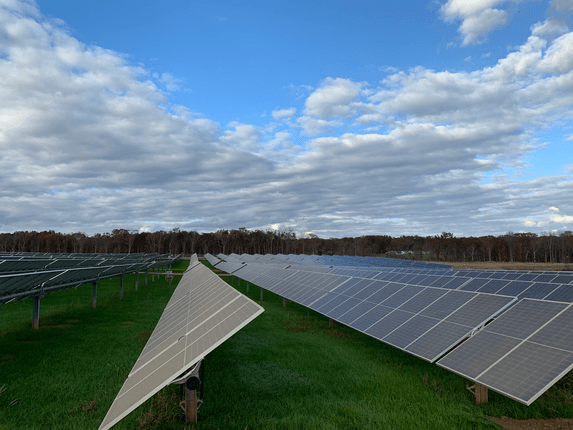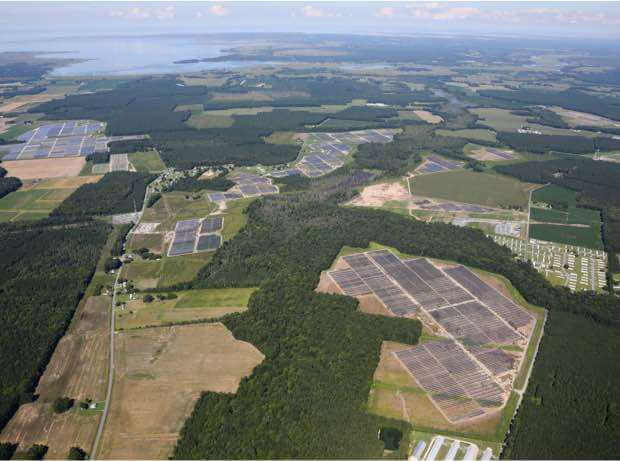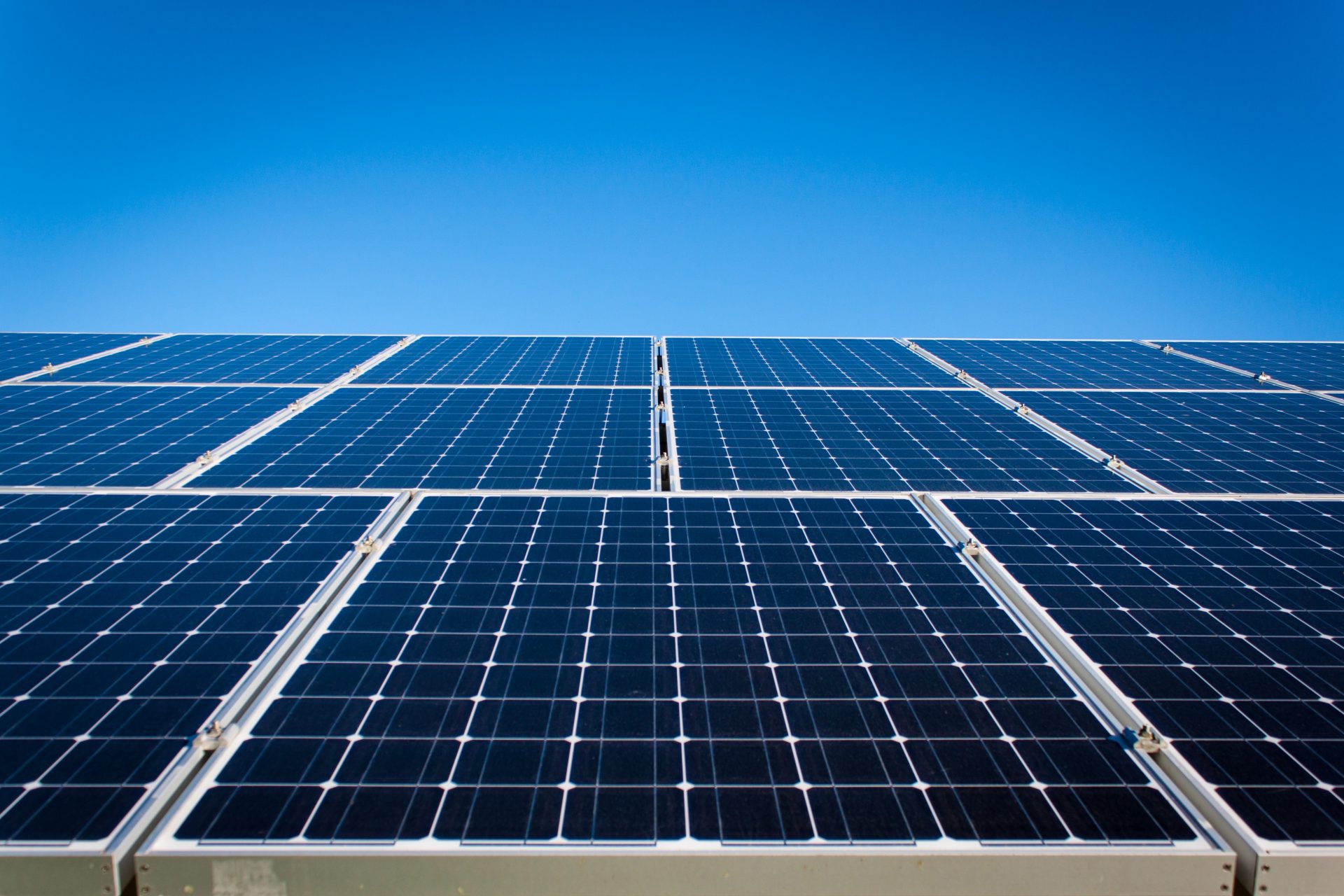State Overview
Virginia
National Solar Capacity Ranking: 8th
Data Current Through: Q4 2024

Virginia State Solar Overview
In March 2020, after a coordinated lobbying effort by clean energy advocates, environmental organizations and many other stakeholders, Virginia passed the Clean Economy Act, which will create up to 29,000 solar jobs while providing enormous market opportunities for both distributed generation and utility-scale solar. SEIA remains active in industry discussions about how to implement VCEA and guidance around Virginia’s new zero-carbon generation and energy storage requirements.
This was just one piece of groundbreaking legislation in the state in the last four years, this year the shared solar program was expanded, SEIA passed a third party ownership bill, and NEM and interconnection dockets have opened in the state. VA is one of the most active states in the country in regards to solar development, SEIA is also currently heavily involved in collaborative efforts to reform utility scale solar siting policies as well.
SEIA supports local partners in Virginia, including CHESSA, on legislation to advance distributed generation and providing guidance to the State Corporation Commission and approval of utility-scale renewables.
Official SEIA State Affiliate
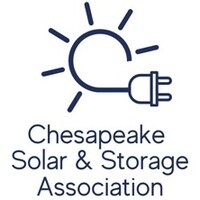
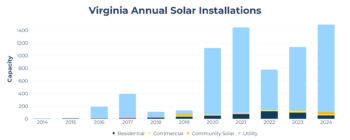
Data References:
SEIA/Wood Mackenzie Power & Renewables, Solar Market Insight 2024 Year-in-Review
IREC, National Solar Jobs Census
Energy Information Administration, Electric Power Monthly
SEIA, National Solar Database
Just The Facts
-
Solar Installed (MW):
6,839
-
National Ranking:
8th (13th in 2024)
-
Enough Solar Installed to Power:
805,309 homes
-
Percentage of State's Electricity from Solar:
7.84%
-
Solar Jobs:
4,938
-
Solar Companies in State:
202 (28 Manufacturers, 78 Installers/Developers, 96 Others)
-
Total Solar Investment in State:
$8.2 billion
-
Prices have fallen:
42% over the last 10 years
-
Growth Projection and Ranking:
6,715 MW over the next 5 years (ranks 10th)
-
Number of Installations:
57,524
Virginia State Solar Policy Resources
-
DSIRE Incentives Database – Virginia – Search a public clearinghouse for specific solar energy incentives in Virginia and across the United States
-
Solar Panel Cost in Virginia – Learn about the history of solar policy in Virginia, along with up-to-date pricing information on EnergySage
-
Solar Rebates & Incentives in Virginia – Check out EnergySage’s list of key solar incentives in Virginia to see what programs you can benefit from
-
U.S. Energy Information Administration – Virginia State Profile – Explore official energy statistics, including data on electricity supply and demand, from the U.S. government
-
Virginia Department of Mines, Minerals, and Energy – Find a wide variety of information on state government energy programs, policy, projects, energy-saving strategies and energy-related statistics
-
Virginia General Assembly – Track pending legislation affecting solar energy, locate and contact individual legislators, and stay up to date on current legislative issues in Virginia
-
Virginia Renewable Energy Alliance
-
Virginia Solar Panels Overview – Learn about the history of solar policy in Virginia, along with up-to-date pricing information on EnergySage
-
Virginia Utility Regulation – Learn about the governing body that regulates the electricity rates and services of Virginia public utilities
Consumer protection is a top priority for SEIA across the country. In the 2024 session VA had a House and Senate version of consumer protection bills come up, they were conferred together into one bill that passed but ultimately died after a gubernatorial veto. SEIA is working with legislative officials on the best way to continue forward with consumer protections in the state, we are also working to educate them on our ANSI standards that are in the process of being approved.
Virginia Energy Storage Policy and Market Overview
Virgina’s energy storage market is experiencing slow movement despite strong legislation. The state has ambitious storage goals targeting utility-scale assets to lead procurement while behind-the-meter growth remains nascent.
In 2018, the state legislature mandated regulatory adaptation requiring utilities to submit annual reports on storage and DER technology capacity, investments, and projects (SB 996). Significantly in 2020, Virginia became the seventh state to establish a procurement mandate for energy storage. The Virginia Clean Energy Economy Act (2020) outlines detailed storage procurement and sets an ambitious 3,100 MW goal by 2035. The bill further assigns mandates for utilities based on size and includes a 35% and a 10% carveout for third-party ownership and BTM, respectively.
Virginia only has about 1 MW of energy storage in service. To kickstart growth, the state approved batteries for participation in demand response programs, and net metering compensation (HB 1062). A broadened, multilateral focus on energy storage across all sectors, robust incentives, and demonstration assistance may help further accelerate growth.
Virginia Energy Storage Policy Resources
- Virginia Solar Energy Development and Energy Storage Authority –State energy storage and solar-plus-storage initiatives.
- Virginia Energy Grants & Programs – Funding opportunities and programs administered by the Virginia Department of Energy.
- Energy Storage Cost in Virginia – Up-to-date storage and solar-plus-storage pricing and find installers in Virginia on EnergySage.
- Pacific Northwest National Laboratories Energy Storage Policy Database – Map of Procurement, Regulatory, Demonstration, Incentive, and Interconnection policies in Virginia and across the United States.
- DSIRE Virginia Energy Storage Policy Database – Clearinghouse for financial incentives, regulations, and rebates for energy storage and lithium-ion technologies in Virginia and across the United States.
- Virginia State Corporation Commission – Governing body that regulates the electricity rates and services of Virginia public utilities, search for regulatory dockets, programs, and initiatives.
- Virginia General Assembly – Pending, passed, and historical legislation affecting energy storage and battery systems, locate and contact individual legislators, and stay up to date on current legislative issues in Virginia.

